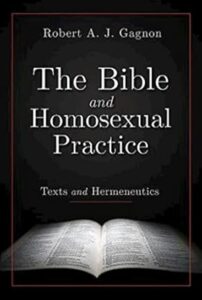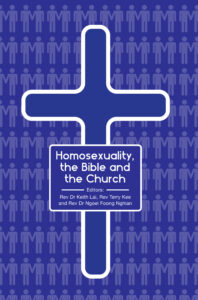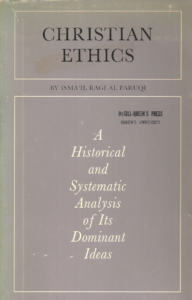Precis: Human rights circumscribe the limits of legitimate authority (including majority rule) and are inalienable for any individual, that is, they cannot be taken from any individual. Since human rights are inalienable and are inherent possession of every individual, they are not given by authorities. Human rights are the pre-political possession of the individual rather … Continue reading “Human Dignity: New Paradigm for Religious Liberty **”
Precis:
Human rights circumscribe the limits of legitimate authority (including majority rule) and are inalienable for any individual, that is, they cannot be taken from any individual. Since human rights are inalienable and are inherent possession of every individual, they are not given by authorities. Human rights are the pre-political possession of the individual rather than a gift or concession from governing authorities. Otherwise, the state may claim the right to take rights back from citizens. Such a proposition is consistent with the understanding that human rights is not a matter of state policy, it is a matter of universal moral principle…
Man as a being created in God’s image is as such inherently entitled to equal regard regardless of race, gender or social position. It demands impartiality in how persons are treated. Acknowledgment of human equality entails protection from harm and along with it the range of inalienable human rights including the right to respect, the right to life, and the right to certain freedoms exemplified by fundamental liberties or bill of rights enshrined in modern constitutionalism. In this regard, rights cannot be lost or taken away.
In summary, recognizing human beings as created in the image of God entails (1) equal dignity and interdependence of man and woman; (2) personal rights such as equality, freedom and dignity of the individual; (3) social rights arising from interdependence of community members in matters of justice; and (4) stewardship of creation.
—————————
I. Presuppositions and Social Realities
This paper is premised on three theses about the logical outcome of conventional Malaysian politics.
Thesis 1 – So long as Malaysian politics is negotiated on racial/religious terms, political discourse and public policies will increasingly become more Islamic. Only an Islam that undertakes a process of Ijtihad which reforms the Shariah Law can prevent the eventual emergence of an Islamic state. Itjihad is unacceptable to Sunni Islam practiced in Malaysia.
Thesis2 – Non-Muslims must reject the myth of monolithic identity of race and religion based politics (c.f. rebuttal by Amatya Sen, (Identity and Violence) and shift the terms of politics to one based on the human rights and equal citizenship in a modern pluralistic democracy.
Thesis 3 – Democratic rights are not just ideals but the outcome of political power, law and public policies enforced through social institutions. Furthermore, democracy practices can flourish only if it is supported by a strong civil society that nurtures democratic culture and democratic discipline.
This situation calls for a new paradigm of public discourse based on human rights and equal citizenship that can provide a robust social and moral critique of Islamic hegemony in a pluralistic society. Continue reading “Human Dignity: New Paradigm for Religious Liberty **”


